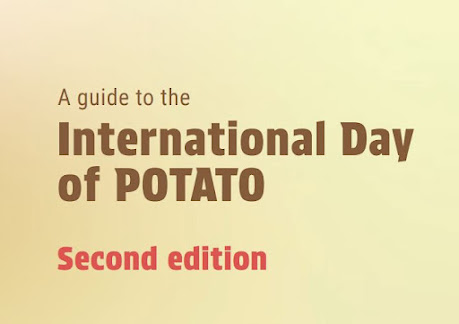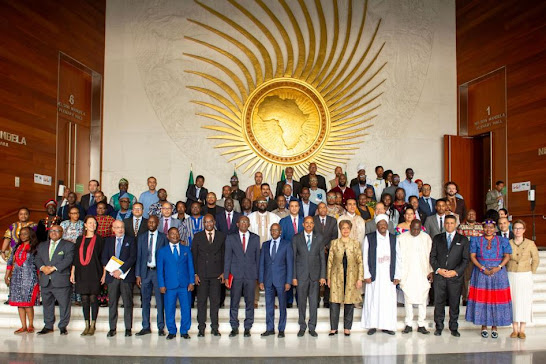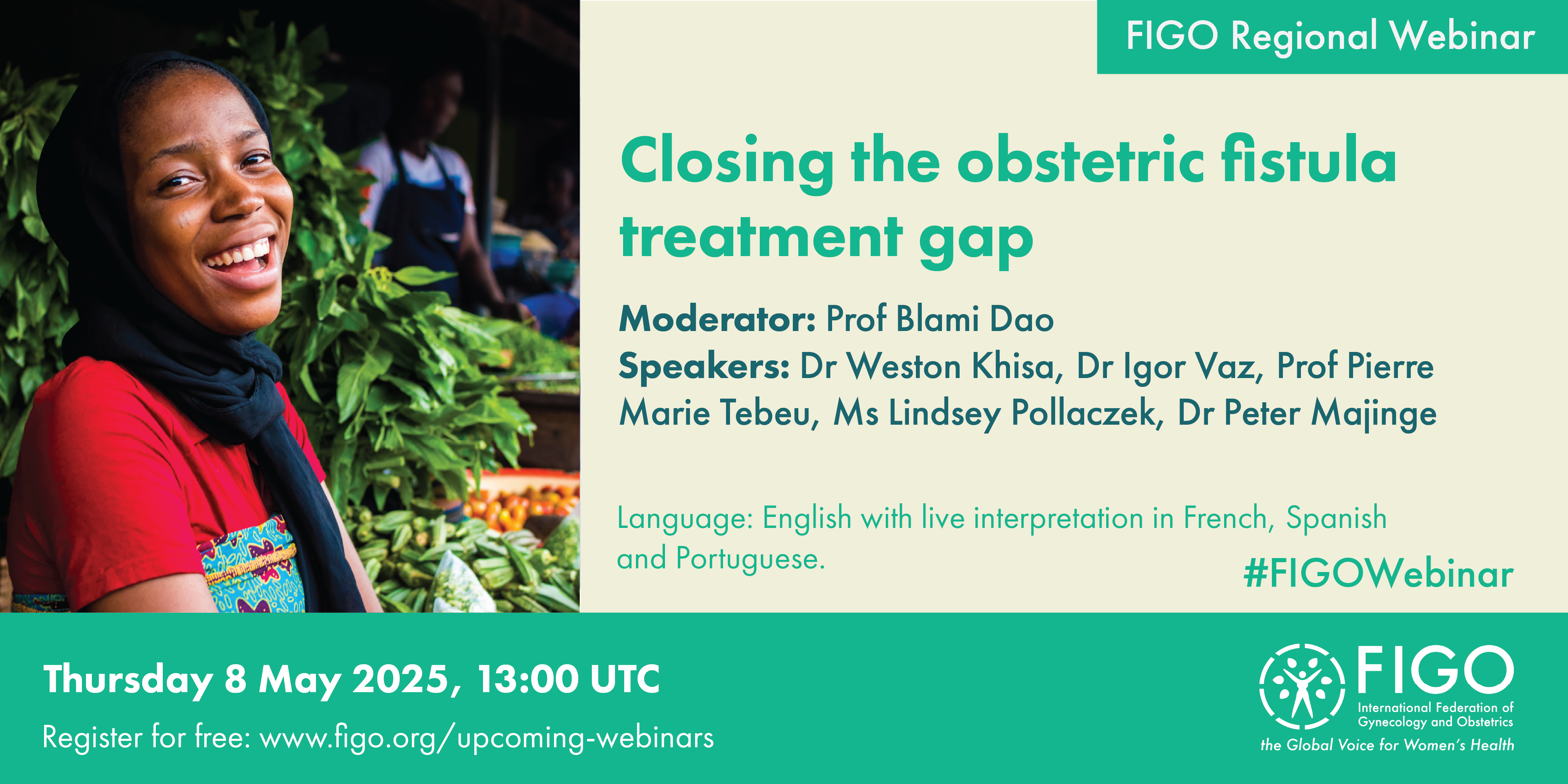FORUM: “
The future of peacekeeping.”
International Day of the United Nations Peacekeepers 2025. Of the 26 peacekeepers who lost their lives in 2024, five were killed in hostile incidents. We mourn their loss, alongside their families and colleagues. The sacrifice of all 4,430 peacekeepers who have given their lives across the decades will never be forgotten. Their legacy inspires us to continue all efforts in the pursuit of peace and progress for all peoples. Despite these challenges, peacekeepers persevere, performing a wide range of taskings, including ensuring the safe delivery of humanitarian aid, deterring violence, supporting locally-led conflict resolution, political settlements, elections, and restoring state authority.In the next decade the world could be transformed by climate-related crises, lethal and disruptive technologies, political discord and polarization, and new non-state armed groups. Civil strife could emerge in states currently regarded as stable.Conflicts could spread across borders, and wars may be fought in virtual space without the firing of a single bullet.
The Future of Peacekeeping Operations (FOPO) project attempts to imagine what the missions of the future might look like. Begun in 2020, FOPO has drawn on broad and inclusive consultations with UN and non-UN stakeholders, including interviews with representatives of Member States, academia, civil society, regional organizations and current and former peacekeeping practitioners. In addition, a series of think piece papers were commissioned. Themes explored in the project centered around four broad areas: a) the geostrategic environment and political processes, b) the changing conflict environment, c) the international responses to conflict and d) Peacekeeping policy approaches. The Project interlocutors also identified some
key trends affecting conflict such as: The competition versus cooperation; The protracted, internationalized armed conflicts; The blurred lines between war and peace; The weakening of universalist norms; The climate change; and the socio-economic inequality. While geopolitical polarisation will likely make it difficult to achieve consensus around new peacekeeping missions, the UN’s peace and security pillar may still be asked to respond through new forms of flexible and adaptative deployments, as well as enhanced advisory and thematic support functions. Moreover, in response to erosion of normative consensus, the Secretariat may need to step up efforts to build support for unified and principled approaches to peace, and to affirm the
UN’s norms and values to which all Member States have committed. Socioeconomic exclusion and inequality are likely to remain drivers of civil instability and potential conflict The strengths of peacekeeping operations may need to be more closely integrated into efforts that support the 2030 Agenda and Sustainable Development Goals. Follow the conversations with the hashtags:
#PKday,
#FitForTheFuture,
#BuildingBetterTogether,
#Peacekeeping,
#29May,
#Peacebegins,
#WomenInPeacekeeping.
EVENTS: on May 29th, We observe
a minute of silence for the fallen during the
International Day of United Nations Peacekeepers 2025. On Thursday, May 29th 2025, starting at 9:45 a.m. ET, a Wreath Laying Ceremony will be held at the North Lawn building of the
UNHQ with the
United Nations Peacekeeping. the UN Secretary-General will lay a wreath at the Peacekeepers Memorial in honour of fallen peacekeepers. Following that, at 11 a.m. ET, he will preside over an in-person ceremony at which the
Dag Hammarskjold Medal will be awarded posthumously to fallen peacekeepers. He will also present the
UN Military Gender Advocate of the Year award. Follow the ceremony on
UN Web TV. The Under-Secretary-General for Peace Operations, Jean-Pierre Lacroix, will be the guest at the noon briefing.
Register to participate; All events can be followed live on
UN Web TV.
Medal recipients: At the meeting, by
resolution 1121 (1997), the
U.N. Security Council established the
United Nations Dag Hammarskjöld Medal as a posthumous award to members of peacekeeping operations "as a tribute to the sacrifice of those who have lost their life as a result of service in peacekeeping operations under the operational control and authority of the United Nations".
Award: The United Nations Military Gender Advocate of the Year Award
recognizes the dedication and effort of an individual peacekeeper in promoting the principles within the
United Nations Security Council Resolution 1325. It was first given out in 2016. To mark the International Day at
UN Headquarters, the UN Secretary-General will lay
a wreath at the Peacekeepers Memorial in honor of fallen peacekeepers at 9:45 a.m. ET on Thursday, 29 May 2025.
List of Personnel to be Posthumously Awarded the Dag Hammarskjöld Medal on 29 May 2025
Wreath Laying Ceremony: The commemorations are held at the U.N. Headquarters, United Nations offices and at different U.N. Peacekeeping missions.
Follow the Dag Hammarskjöld Medal Awards Ceremony on
UN Web TV (11:00 am, 29 May 2025)
Here is the
List of Personnel to be Posthumously Awarded the Dag Hammarskjöld Medal.
On May 27, 2025; The General Assembly have organized an Informal meeting of the 79th plenary session to hear a briefing on the review on the future of all forms of United Nations peace operations; Briefing by Jean-Pierre Lacroix, Under-Secretary-General for Peace Operations and Rosemary A. DiCarlo, Under-Secretary-General for Political and Peacebuilding Affairs. Reac
Concept note and
Watch the informal meeting of the plenary to hear a briefing on the review on the future of all forms of United Nations peace operations - General Assembly, 79th session!Held from 13 to 14 May 2025, the
UN Peacekeeping Ministerial served as a high-level political forum to discuss the future of peacekeeping and for Member States to express and demonstrate their political support. It provided a platform for delegations to announce substantial pledges in support of closing capability gaps and adapting peace operations to better respond to existing challenges and new realities, in line with the
pledging guide. The UN Peacekeeping Ministerial 2025 contributed to increased safety and security for peacekeepers deployed, and fostering overall mission effectiveness. For their pledges, member states were encouraged to arrange partnerships where appropriate, for instance in training and capacity-building. The Co-chairs of the Peacekeeping Ministerial process were Bangladesh, Canada, Ethiopia, Ghana, Germany, Indonesia, Japan, the Netherlands, Pakistan, Republic of Korea, Rwanda, Uruguay, United Kingdom, United States and the United Nations Secretariat. Watch the livestream of the Day 1 (
High Level Session 1 -
High Level Session 2 -
High Level Session 3) and the Livestream of the Day 2 -
Opening and Pledging Session 1 -
Pledging Session 2).
Three key events were held in the lead up to the 2025 Berlin UN Peacekeeping Ministerial.
10-11 December 2024 – Preparatory meeting on Capacity-building, Partnerships and the Future of Peacekeeping, co-hosted by Japan, the UK and Uruguay in Montevideo.
Concept note,
agenda,
logistics note and
summary of the meeting.
4-5 February 2025 – Preparatory meeting on the Future of Peacekeeping, New Models and Related Capabilities, co-hosted by Bangladesh, Indonesia, the Netherlands and USA in Jakarta.
Concept note,
agenda and
logistics note.
15-16 April 2025 – Preparatory meeting, titled Towards a Safer and More Effective Peacekeeping: Use of Technology and Integrated Approach, co-hosted by Pakistan and the Republic of Korea in Islamabad.
Concept note,
agenda,
logistics note and
summary of the meeting.
PUBLICATIONS: Study on the future of peacekeeping, new models and related capabilities.
At the request of Germany and the other co-chairs of the UN Peacekeeping Ministerial process, DPO commissioned the study on “
The Future of Peacekeeping, New Models, and Related Capabilities”. Launched in the C34 on 1 November 2024, the study was intended to serve as food for thought leading into the 2025 Ministerial. The study’s vision for UN peacekeeping was a politically focused, people-centered, modular tool that can unite the Security Council around effective multilateral responses to a broad range of threats and challenges. The study offered 30 plausible models to inform thinking related to future UN missions.
Policy Papers: Peacekeeping is one of the most effective tools available to the United Nations in the promotion and maintenance of international peace and security.
STATEMENTS:
With unwavering courage, United Nations peacekeepers step into danger – to help protect those who need protection, preserve peace, and restore hope in some of the world’s most challenging contexts.
Today, we honour their service.
We draw inspiration from their resilience, dedication and courage.
And we remember all the brave women and men who made the ultimate sacrifice for peace.
More than 4,400 peacekeepers have died in service – 57 last year alone.
We will never forget them – and we will carry their work forward.
The focus of this year’s International Day of Peacekeepers is on “the future of peacekeeping”.
Today, peacekeepers face increasingly complex situations in an increasingly complex world:
Growing polarization and division around the globe …
Operations made even more dangerous from a multiplicity of threats such as terrorism…
Targeting of peacekeepers through deadly misinformation…
And challenges that transcend borders – from the climate crisis to transnational crime.
As we look ahead, it is essential that peacekeepers have what they need to do their jobs.
This is the shared responsibility of the United Nations and Member States.
The Pact for the Future – adopted last year at the United Nations – includes a commitment to adapt peacekeeping to our changing world.
This challenge is also an opportunity:
To analyse what makes peacekeeping operations successful…
To better understand what hinders them…
And to help design new future-focused models that are anchored in political solutions, adequately resourced, and have mandates that are achievable, with clear exit strategies.
The first step – reviewing our peace operations – is underway.
And together, we will keep pushing this vital effort forward.
Now more than ever, the world needs the United Nations -- and the United Nations needs peacekeeping that is fully equipped for today’s realities and tomorrow’s challenges.
António Guterres;
United Nations Secretary-General António Guterres to preside over a wreath laying ceremony at the Peacekeepers' Memorial site in the North Lawn.
For nearly 80 years, United Nations peacekeepers have delivered tangible change to communities worldwide. From Liberia and Namibia to Cambodia, Sierra Leone and Timor-Leste, their presence has been life-saving and transformative in some of the most volatile political and security contexts, guiding countries from conflict towards lasting peace.
Observed under the theme "The Future of Peacekeeping" this year's International Day looks at the invaluable contributions military, police and civilian peacekeepers have made over the last nearly eight decades. It encapsulates the spirit of progress and collective action towards creating a more equal, just and sustainable world.
The United Nations Secretary-General António Guterres to preside over Dag Hammarskjold medal, UN Woman Police Officer and UN Military Gender Advocates of the Year ceremony.
To mark the
International Day of UN Peacekeepers at UN Headquarters, the UN Secretary-General will preside over an in-person ceremony at which the Dag Hammarskjold Medal will be awarded posthumously to fallen peacekeepers. He will also present the UN Military Gender Advocate of the Year award and the UN Woman Police Officer of the Year awards.
For 77 years, United Nations peacekeepers have worked to protect people, preserve peace, and provide hope in the world's most fragile political and security situations. Since 1948, more than two million uniformed and civilian personnel have helped countries to transition from war to peace. Today, more than 68,000 peacekeepers serve in 11 missions deployed in hotspots around the world.
Observed under the theme "
The Future of Peacekeeping" this year's International Day looks at the invaluable contributions military, police and civilian peacekeepers have made over the last seven decades and our commitment to adapt peacekeeping to our changing world.





















